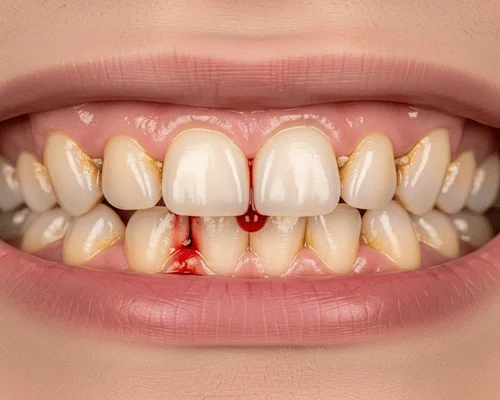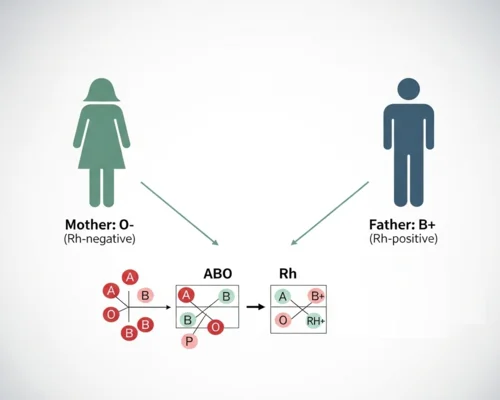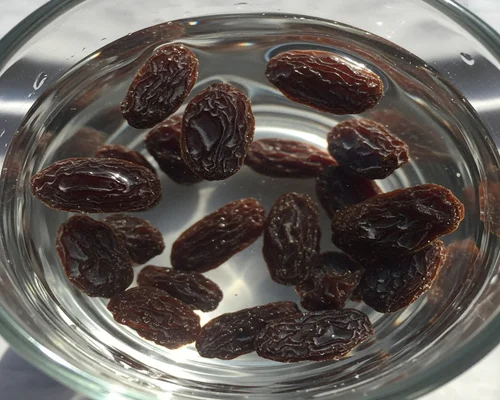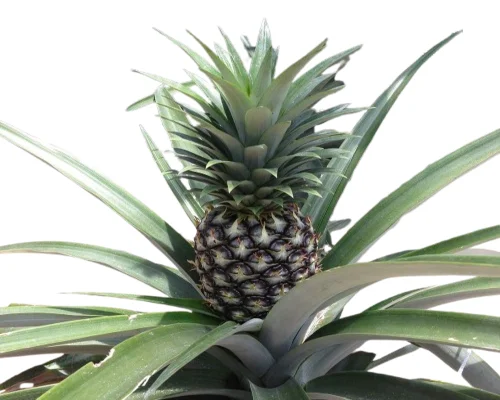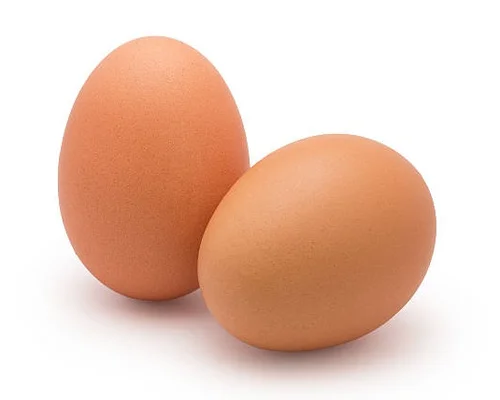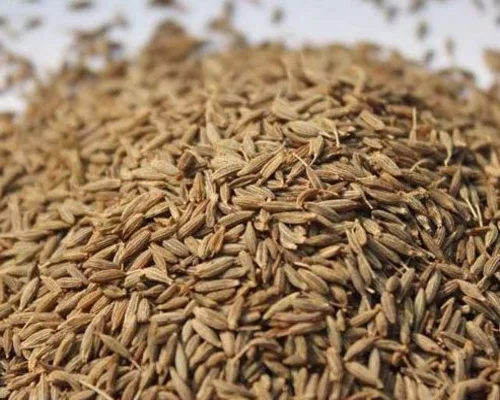
Cumin (jira) Health Benefits and Side effects
Benefits and harms of eating cumin (jira)
Cumin not only enhances the taste of cooking, but it has also been used in Ayurveda and home remedies since ancient times. However, there may be some side effects of eating too much.
Benefits of eating cumin:
1. Aids in digestion
Cumin is great for reducing gas, indigestion, acidity and stomach pain.
Drinking cumin water on an empty stomach in the morning increases digestion.
2. Helps control blood sugar levels
It can help control diabetes.
3. Helps prevent dehydration
Helps keep the body cool and maintains electrolyte balance.
4. Helps in weight loss
Increases metabolism, helps burn fat.
5. Improves immunity
It contains iron, antioxidants and anti-inflammatory ingredients, which increase immunity.
6. Improves brain function
The ingredients in cumin calm the nerves of the brain and help increase attention.
7. In skin and hair care
Since cumin is antiseptic, it can reduce acne and rashes on the skin.
Disadvantages of eating cumin (in case of excessive consumption):
Disadvantages of eating cumin
Various studies have shown that eating excess cumin can thin the blood. Eating excess cumin can be harmful for diabetics. Eating cumin can cause a sudden drop in blood sugar levels. This can lead to a sudden drop in blood pressure. Excessive use of cumin oil can cause excessive inflammation.
Excessive consumption can cause digestive problems.
Diabetic patients should consume it regularly and keep their medications under control.
Excessive consumption can cause uterine contractions. Therefore, pregnant women should control the amount of cumin they consume.
May interact with some medications (especially diabetes or blood pressure).
How to eat cumin:
Soak 1 teaspoon of cumin in water overnight and drink it on an empty stomach in the morning.
Use as a spice in cooking.
It is also beneficial to make cumin tea and drink it.
Tips: It is best not to consume more than 1-2 teaspoons per day. Everything is beneficial in moderation.

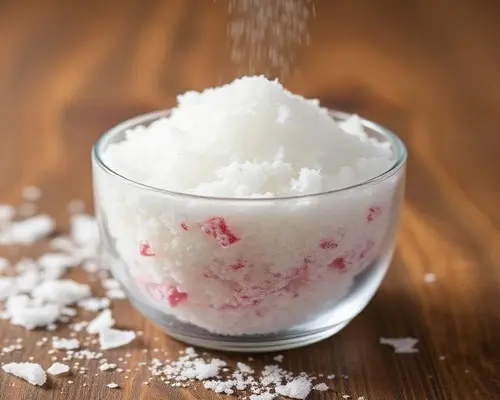


-vegetable.webp)
